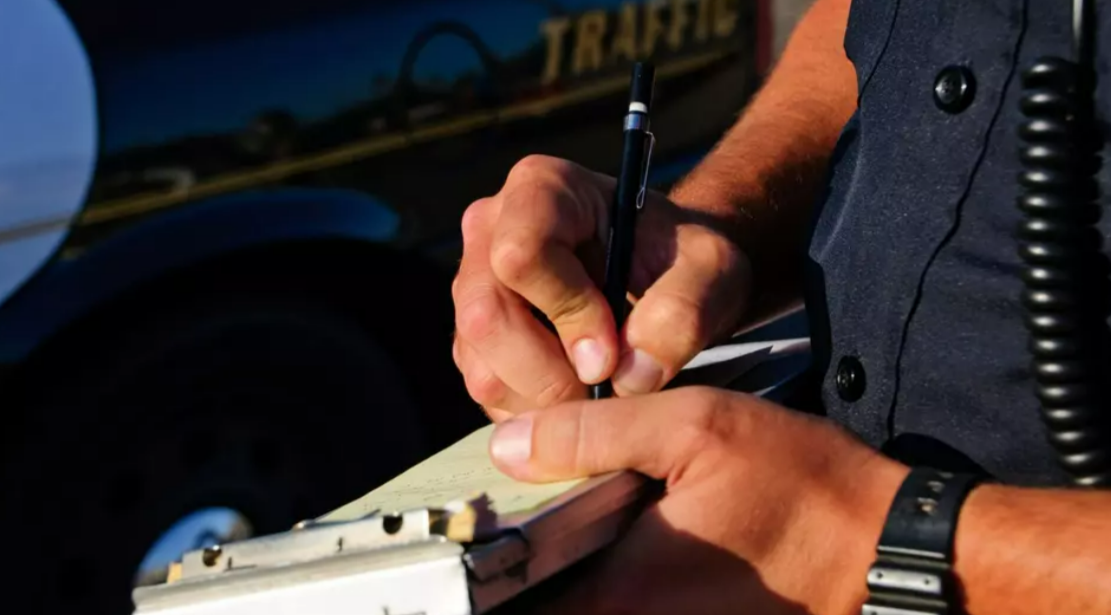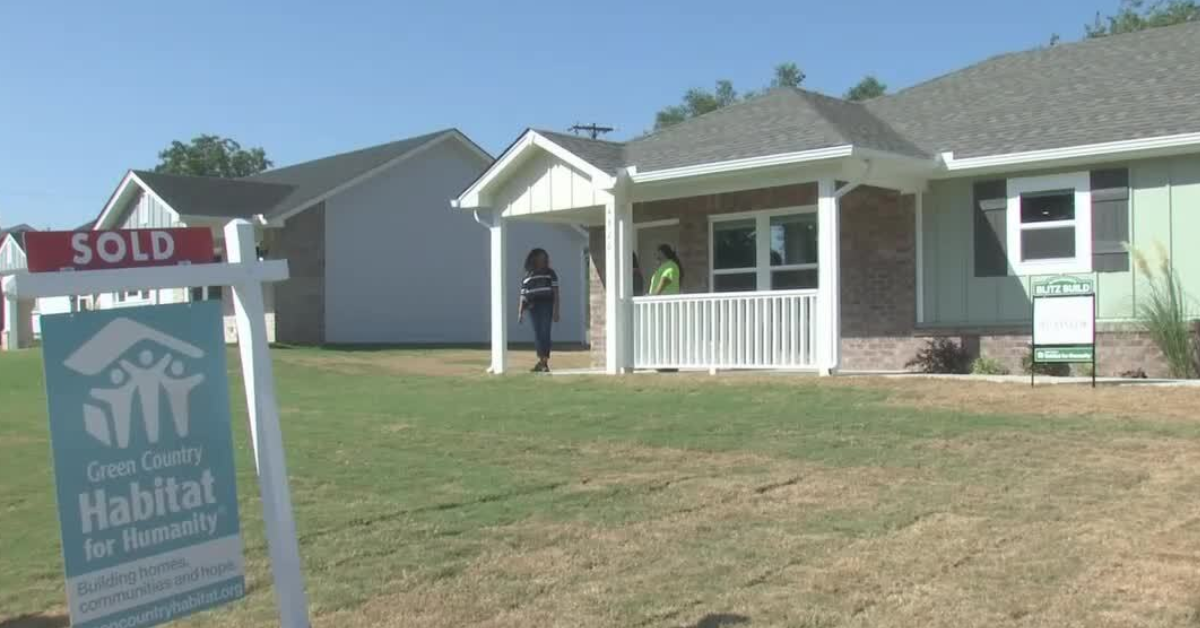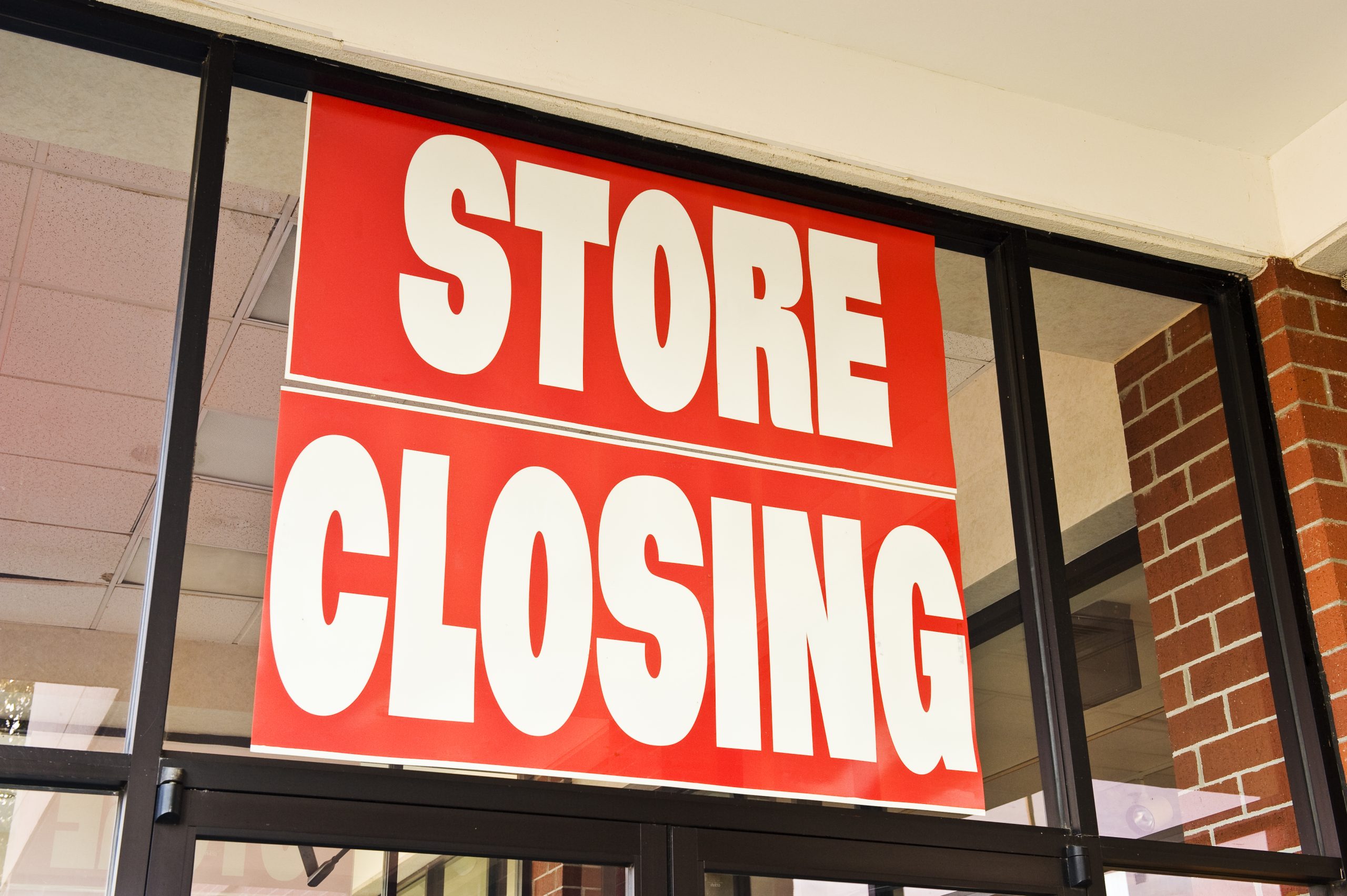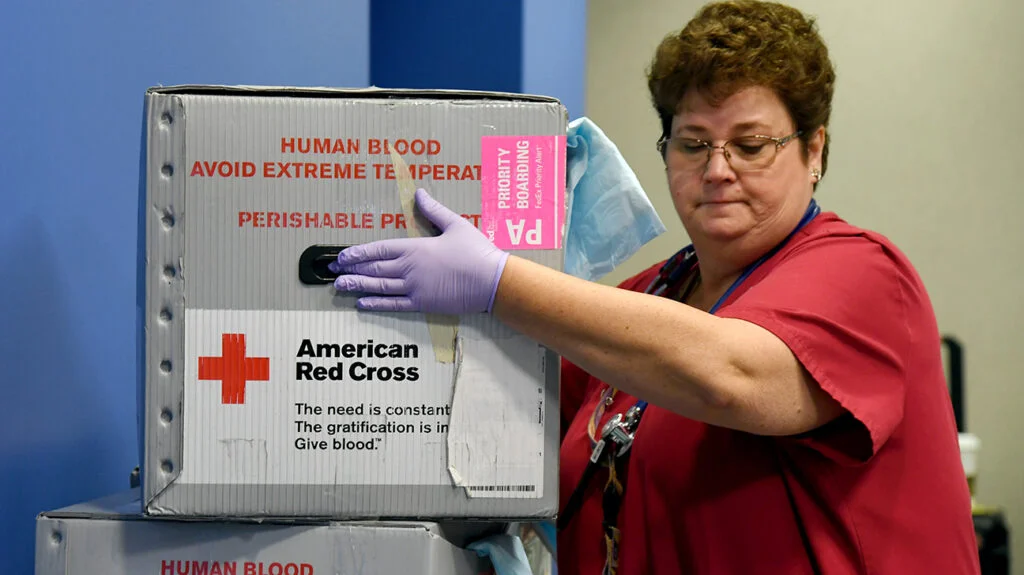Running out of fuel while driving is generally not illegal across the United States. However, in certain congested areas, such as specific sections of Youngstown, Ohio, it is considered a traffic violation to run out of gas, potentially leading to a citation.
This law aims to prevent traffic disruptions caused by stranded vehicles, ensuring smoother traffic flow and reducing potential hazards.
Unusual Driving Laws Across the United States
The United States has a diverse set of traffic laws, some of which may seem unusual or outdated. Here are a few noteworthy examples:
No Tire Screeching in Kansas: In Derby, Kansas, it’s illegal to screech your tires while driving. Violating this law can result in a fine of up to $500 and possibly 30 days in jail.
No Swearing While Driving in Maryland: In Rockville, Maryland, using profanity from a vehicle within earshot of others is considered a misdemeanor. Offenders can face fines up to $100 or 90 days in jail.
No Driving Blindfolded in Alabama: Alabama law explicitly prohibits driving while blindfolded, emphasizing the importance of clear vision while operating a vehicle.
No Parking at Dunkin’ Donuts in Maine: In South Berwick, Maine, it’s illegal to park in front of the Dunkin’ Donuts on Main Street due to traffic concerns. Violating this ordinance can lead to a $175 fine or up to 30 days in jail.
No Honking After 9 PM Where Cold Drinks or Sandwiches Are Served in Arkansas: In Little Rock, Arkansas, it’s illegal to honk your car horn after 9 PM in areas where cold beverages or sandwiches are served. This law aims to reduce noise disturbances during late hours.
Recent Developments in Traffic Laws
Traffic laws continue to evolve to address emerging concerns and technologies. Here are some recent developments:
Noise Monitoring in Arlington County, Virginia: A proposed ‘noise law’ in Arlington County aims to monitor vehicle exhaust noise levels using sensors. Motorists exceeding acceptable noise levels could face fines of $100. If implemented, the revenue from these fines would support transportation safety initiatives.
Stricter Noise Ordinance in Huntsville, Alabama: Huntsville has enacted a new noise ordinance targeting excessively loud vehicles. Initial offenders face a $50 fine, escalating to $250 for repeat offenses within a year. A third violation could result in a $500 fine, 10 days in jail, or both. This measure responds to resident complaints about vehicle noise.
Debate Over Automated Speed Cameras in Georgia: Georgia lawmakers are debating the use of automated speed cameras in school zones. While some argue these cameras enhance safety by reducing speeding, others believe they primarily serve as revenue generators for local governments and private companies. The Georgia House has passed bills both to ban the cameras and to impose stricter regulations, reflecting differing legislative approaches.
Driverless Cars and Parking Violations in San Francisco: In San Francisco, driverless cars currently cannot be ticketed for parking violations, such as double parking. This exemption exists because traffic citations must be issued to a driver, which autonomous vehicles lack. This legal gap presents challenges in enforcing parking regulations as autonomous vehicle technology advances.
Driving with Snow on Your Car: In 11 states, it’s illegal to drive with snow and ice on your vehicle. Motorists must clear all snow and ice before driving to ensure safety, as debris can detach and cause visibility issues or accidents.
While running out of fuel isn’t widely illegal, it’s essential to be aware of specific local laws to avoid penalties. Additionally, unusual and evolving traffic laws across the United States highlight the importance of staying informed about regulations in different regions. As new technologies and societal concerns emerge, traffic laws will continue to adapt, underscoring the need for drivers to remain vigilant and informed.
Disclaimer—Our team has checked this article to ensure its accuracy and eliminate any misinformation. We are committed to providing clear and reliable information for our readers.



